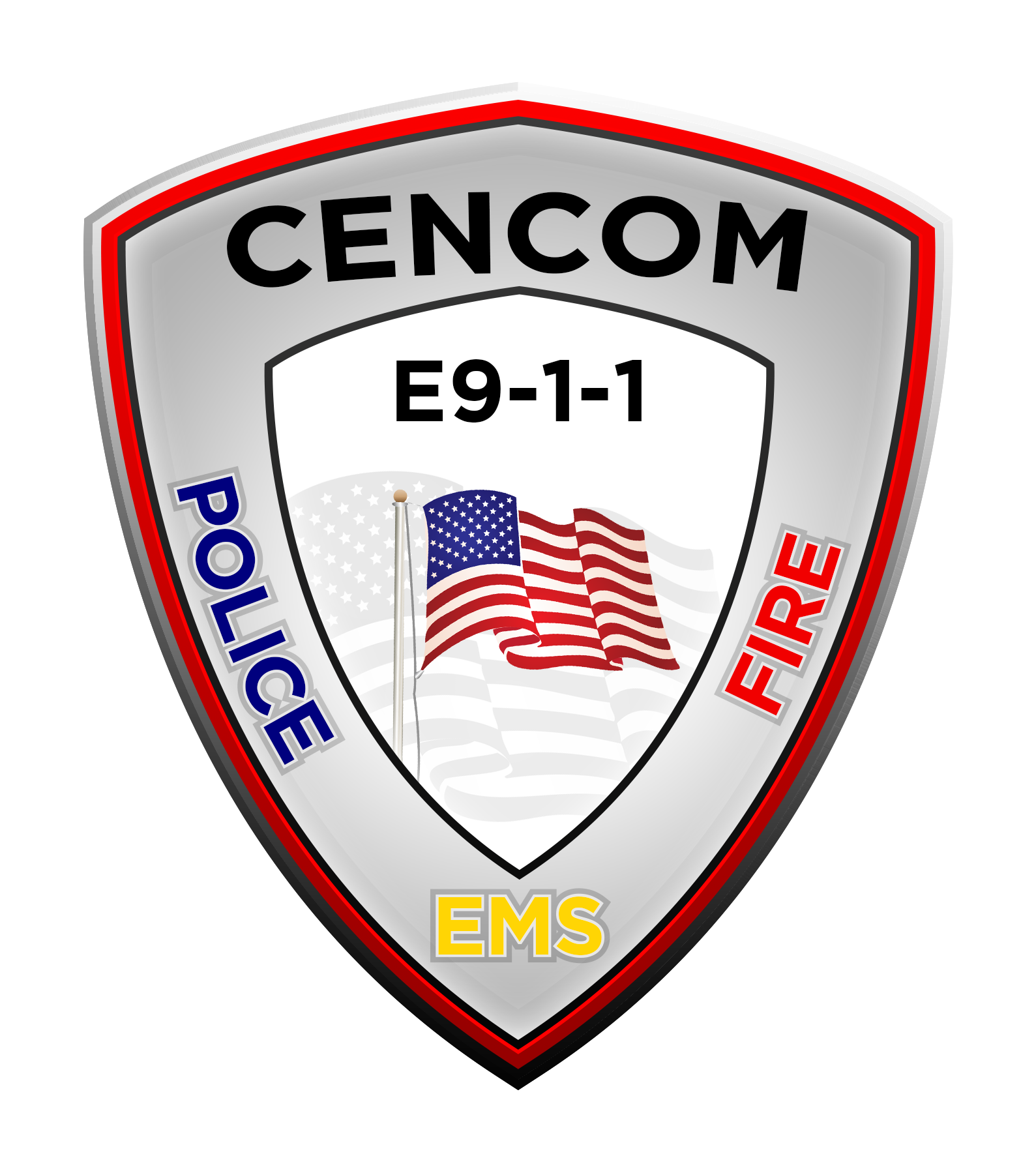What is 9-1-1?
 9-1-1 is an emergency telephone number set aside by telephone companies throughout the United States. The number provides immediate access to fire, medical services and police.
9-1-1 is an emergency telephone number set aside by telephone companies throughout the United States. The number provides immediate access to fire, medical services and police.
When to use 9-1-1?
You use 9-1-1 to report a crime, fire, a serious injury or any situation requiring the immediate response for a fire truck, ambulance or police car.
When to not use 9-1-1?
You do not use 9-1-1 for calls that are not in progress. Examples for this would be barking dog complaints, noise complaints, parking complaints, vehicle lockouts (unless a child is locked in the vehicle) or a theft that is delayed. Any calls that are not occurring right now in progress should be called in using the non-emergency line (847) 270-9111.
What information might the 9-1-1 Telecommunicator want to know?
- The address or location where assistance is needed.
- The nature of the problem.
- If the problem involves people or cars, the operator will need their description(s).
- The reason for the ambulance, how old the patient is, male or female and if they are conscious and breathing.
- Fire – Where is the fire coming from? For example, the house, car or dumpster. If it is coming from a house, how many people are in the house? You will be instructed to evacuate if you are calling from inside of the residence.
- Car accidents – Where did it occur? Are there any injuries? If so, is there entrapment? Fire or any fuel leak? How many vehicles and is there lane blockage?
- If any weapons or intoxication are involved, please advise the call-taker.
If the call is in progress and the caller is involved the 9-1-1 operator will want to keep you on the phone, for your safety and for the responding emergency vehicles’ safety.
Information you should know about Wireless (cellular) 9-1-1
When you call 9-1-1 from your cell phone the operator will only see your cell phone number. Please remember to give the location of the problem as one of the first things that you say.

